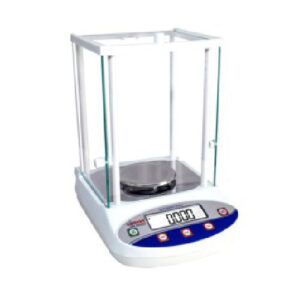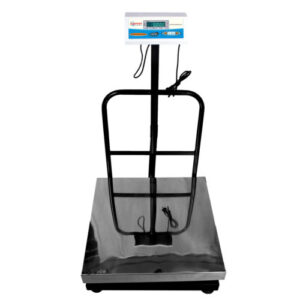The Ultimate Guide to Choosing the Right Weighing Scale for Your Needs
The Ultimate Guide to Choosing the Right Weighing Scale for Your Needs
 |
| Precision Scale |
Introduction. Danwer Scales India
Finding the ideal weighing scale to track your progress is crucial in today’s health-conscious environment, where fitness objectives are a priority. It’s easy to become disoriented when there are so many options available. In this in-depth guide, we’ll walk you through the criteria to take into account when choosing the best weighing scale for your particular needs.
Understanding Your Needs
Prior to stepping foot on a weighing scale, it’s critical to ascertain your unique needs. Are you looking for a scale to measure your progress with exercise, chart your weight loss, or just to keep up with your present weight? Knowing your purpose will enable you to make a more focused decision.
Types of Weighing Scales
-
- Analogue Scales: Your weight is shown on these vintage scales using a spring mechanism. Although they are easy to use, they might not be precise and accurate.
- Digital Scales: Modern digital scales have an electronic display that gives precise readings. They frequently have extra capabilities like body composition analysis,
 Weighing Scale |
| Precision Balance |
Factors to Consider
- Precision and accuracy: A weighing scale’s primary goal is to produce accurate readings. Choose a scale with a very accurate sensor system to guarantee repeatable measurements.
- Weight Capacity: The weight capacity of various scales differ. Select one that has some extra capacity for safety while accommodating your weight range.
- Presentation and Readability Choose a scale with an easy-to-read, clear display. In dimly lit settings, large digital numbers and illumination can be especially useful.
- Body Composition Analysis: Consider using scales that measure your BMI, muscle mass, and body fat percentage if you’re interested in tracking more than just your weight.
- Platform Dimensions: Make sure the platform has adequate room for you to stand without feeling cramped. For people with larger feet, a wider platform is especially crucial.
- The majority of scales allow users to enter weights in pounds or kilogrammes. Select the device with which you are most familiar.
- Additional Features: Some scales include smartphone synchronisation so you may follow your development over time with certain apps.
- Quality and Durability: A high-quality scale will last longer if you invest in it. Choose a reliable brand .
Choosing the Right Scale
Consider the aforementioned elements when you limit down your possibilities and pick a scale that suits your requirements and tastes. A contemporary digital scale may be the finest option if you’re interested in body composition analysis and weight management. A simple analogue scale might be sufficient.
Maintenance and Care
To ensure the longevity and accuracy of your chosen weighing scale:
- Calibrate Regularly: Follow the manufacturer’s guidelines for calibration to maintain accuracy.
- Place on a Flat Surface: For accurate readings, place the scale on a flat, hard surface rather than carpet.
- Handle with Care: Avoid dropping or mishandling the scale, as this can impact its accuracy.
 |
| Analytical Balance |
Conclusion
A crucial first step in accomplishing your fitness and health goals is choosing the appropriate weighing scale. You’ll be able to track your progress successfully if you have a clear grasp of your needs, take into account the previously listed elements, and select a scale that suits your tastes. Remember that a good scale is a supporting companion in your quest for wellbeing rather than merely a tool.









